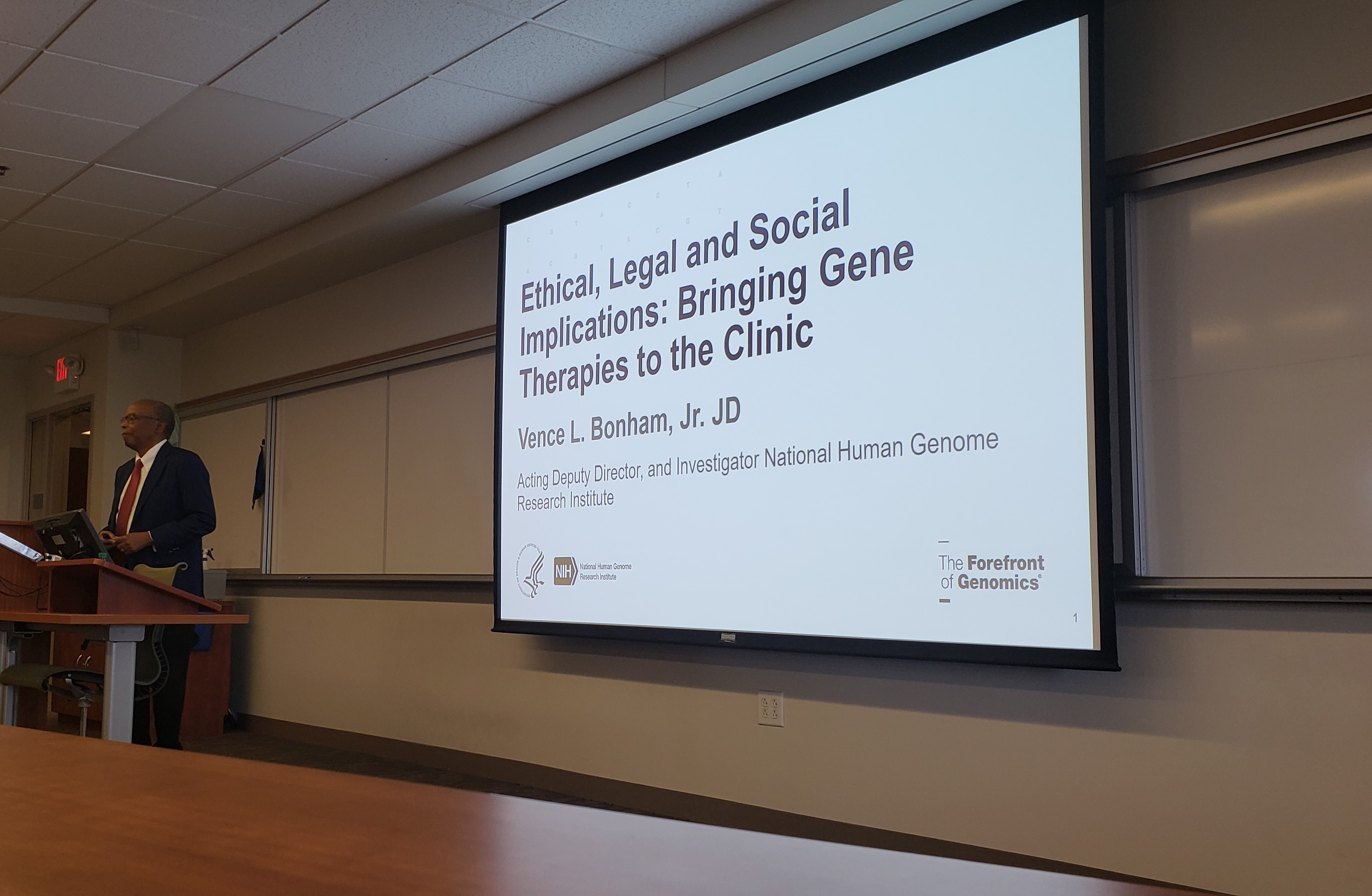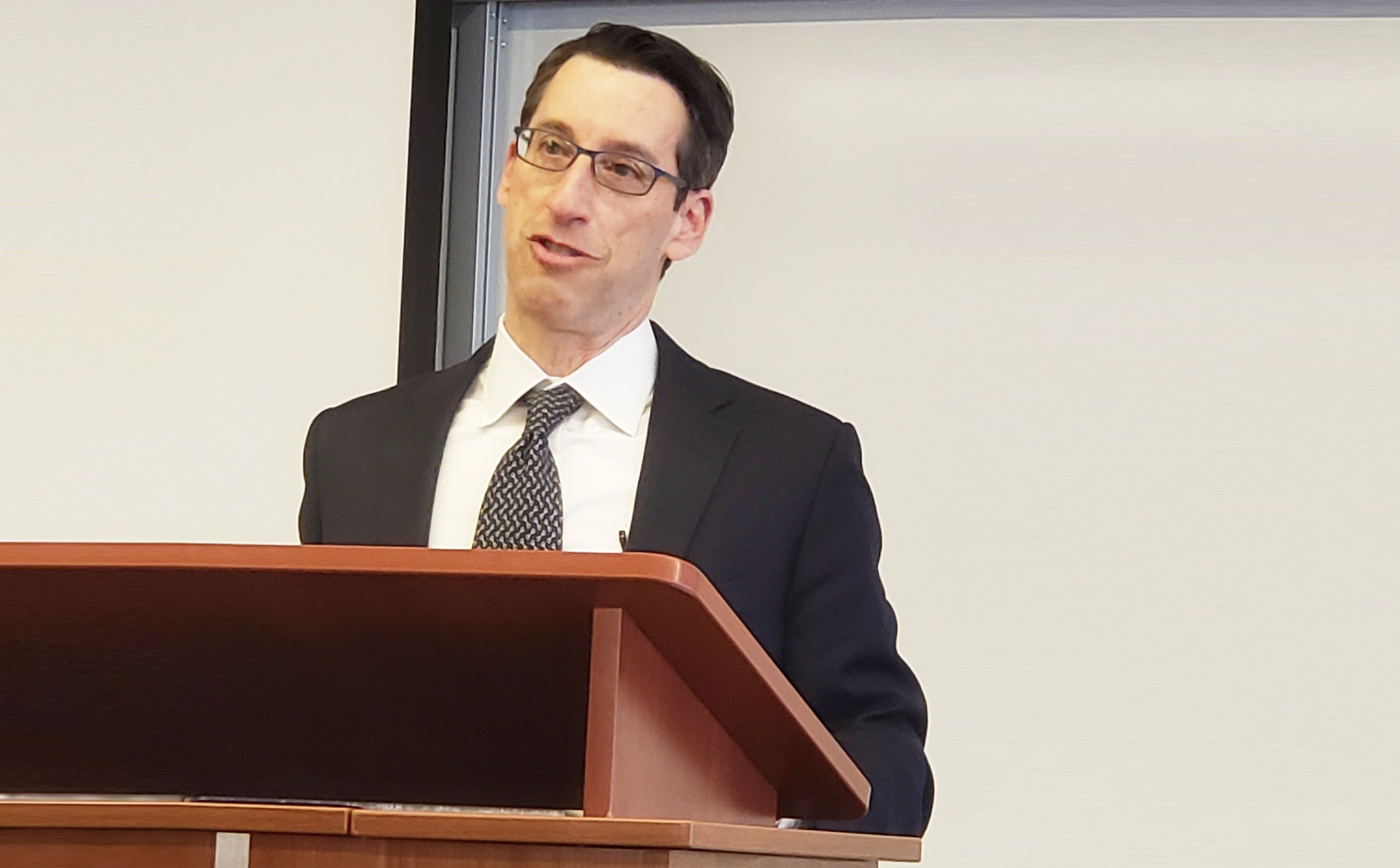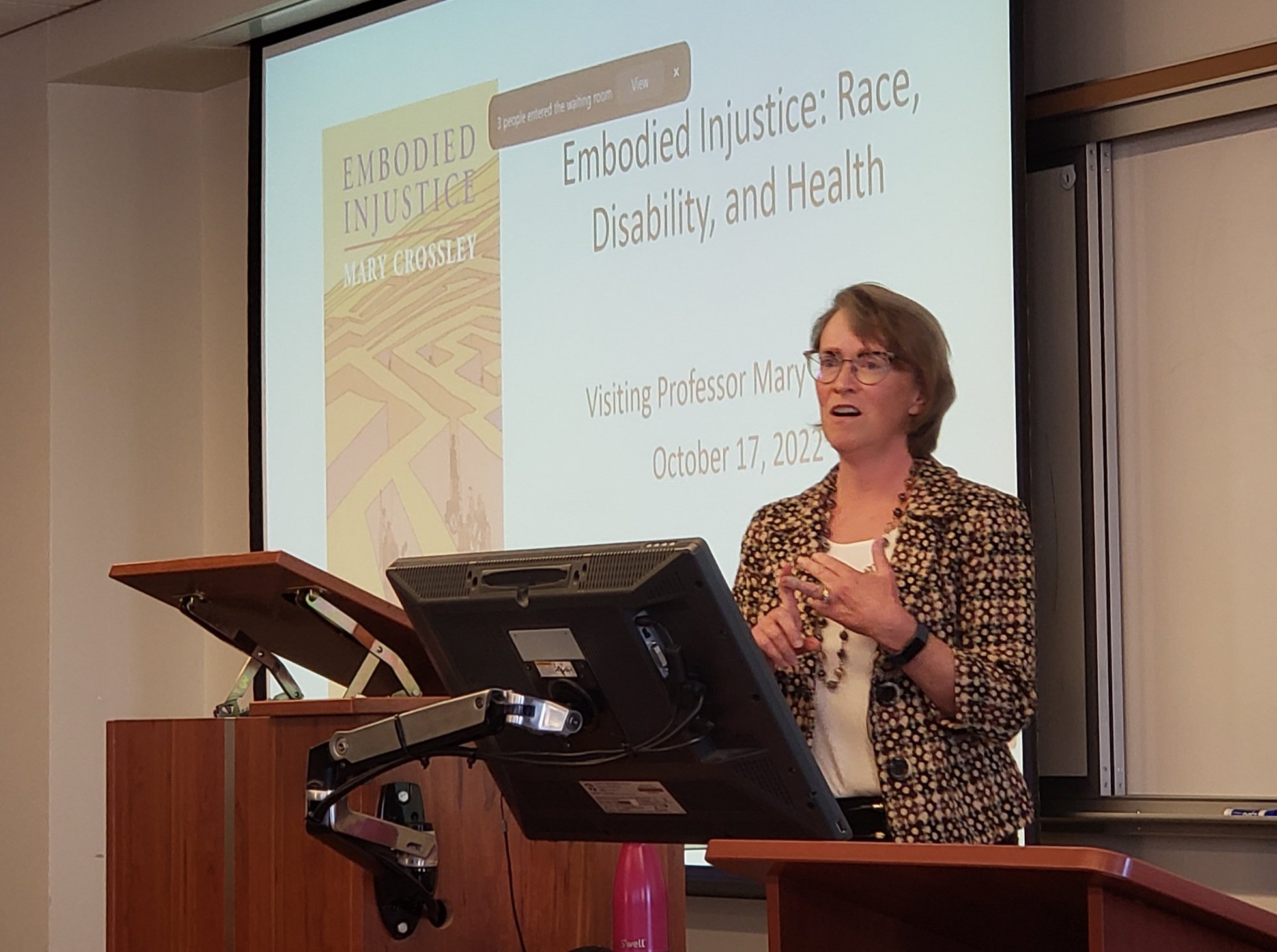A Look at the Health Law Horizon
Health Law Examine brings the Jesuit tradition of a daily examen to health law. The blog provides a space to review the health law “day," critically reflecting on what is missing from the health law conversation, and anticipate what is on the health law horizon.



